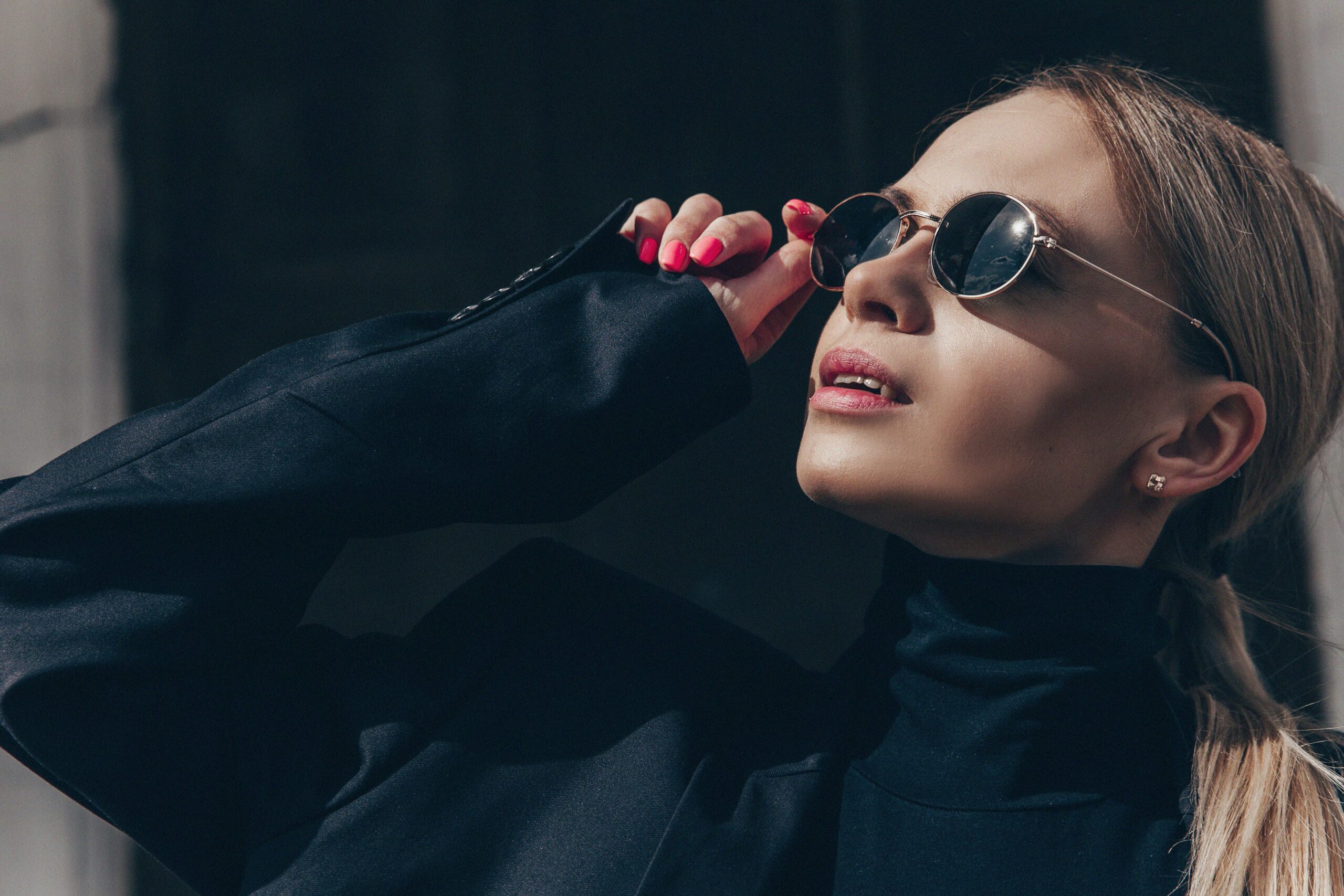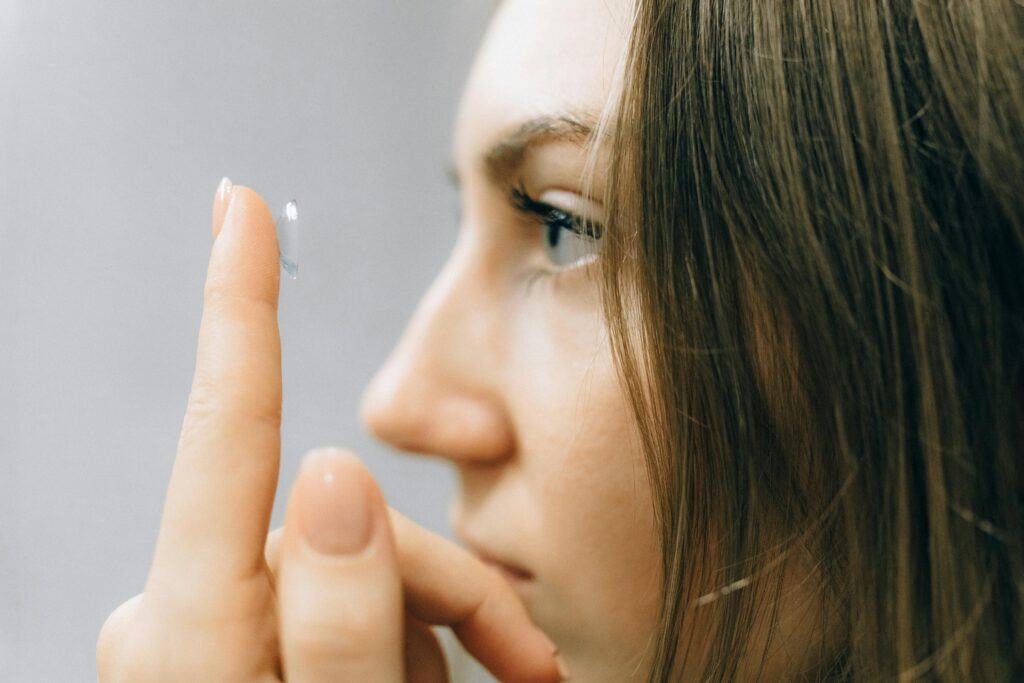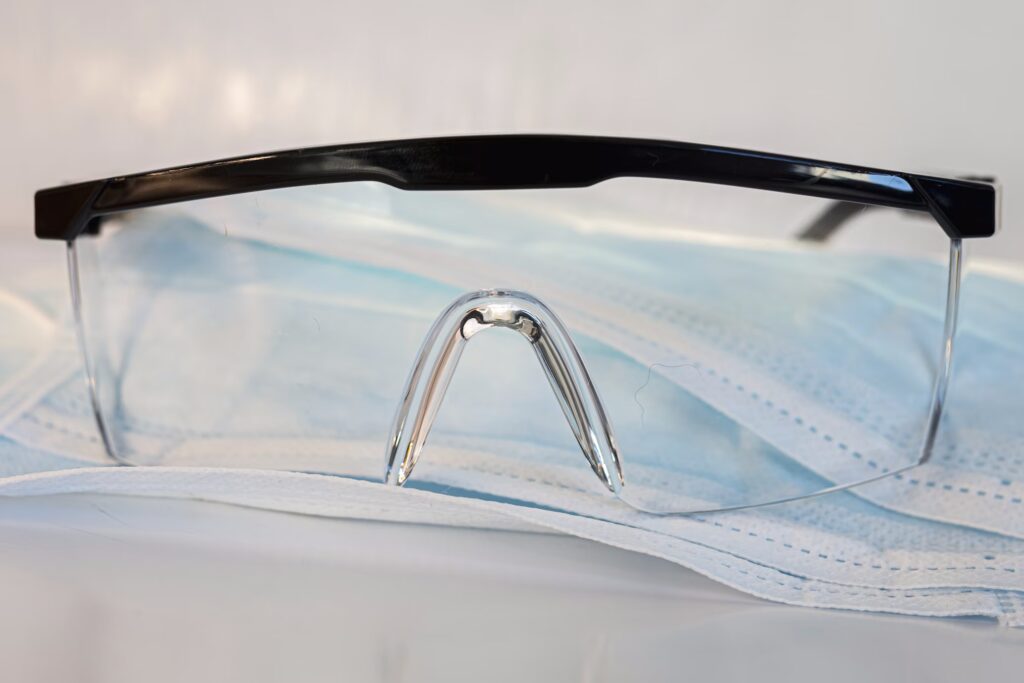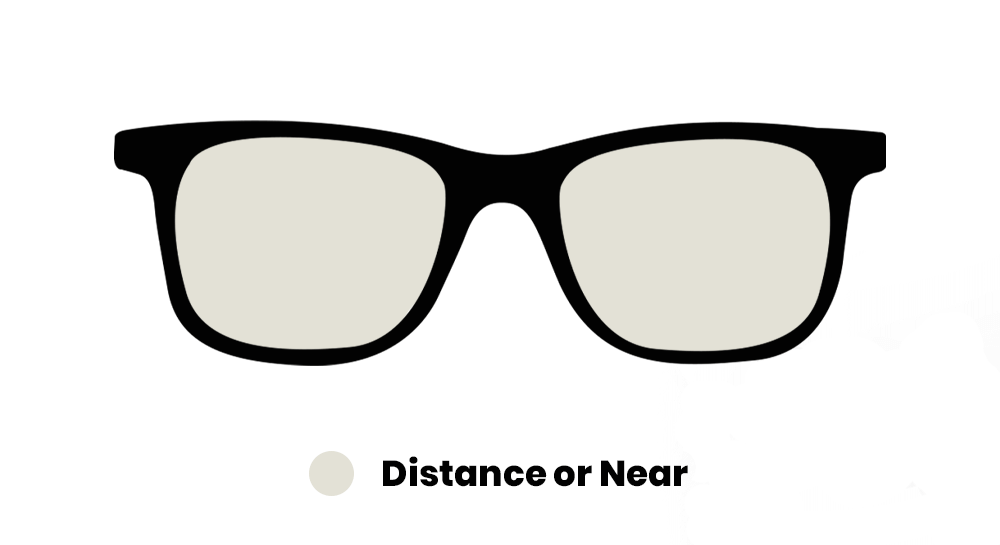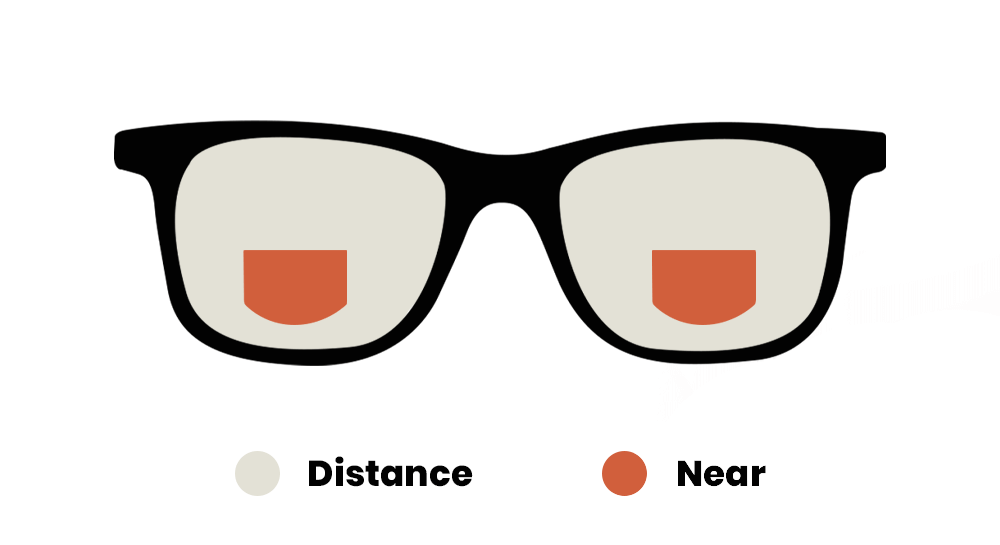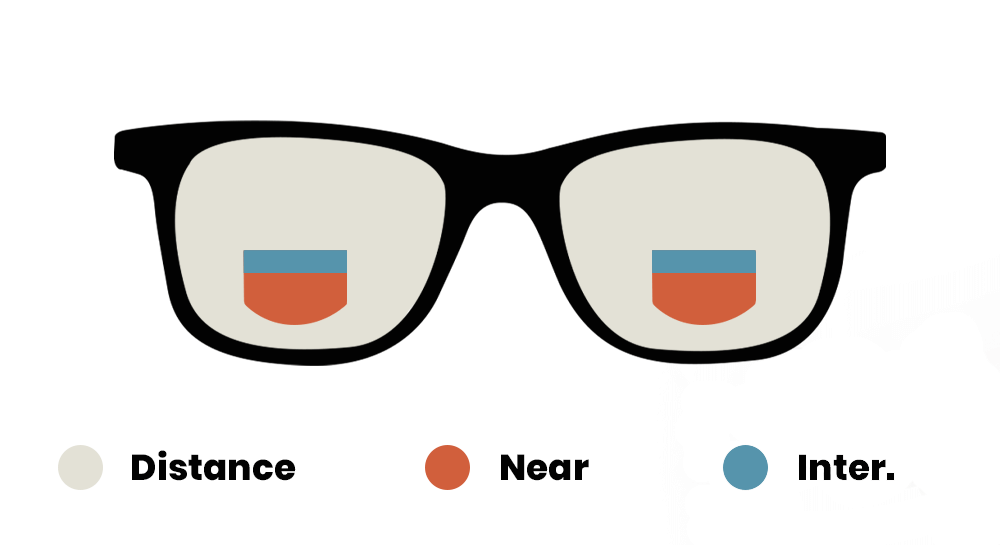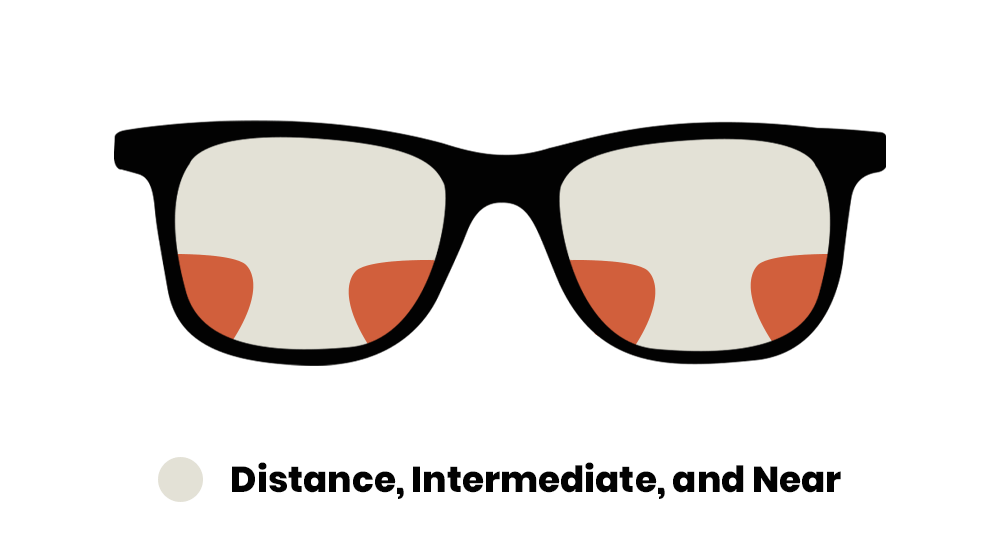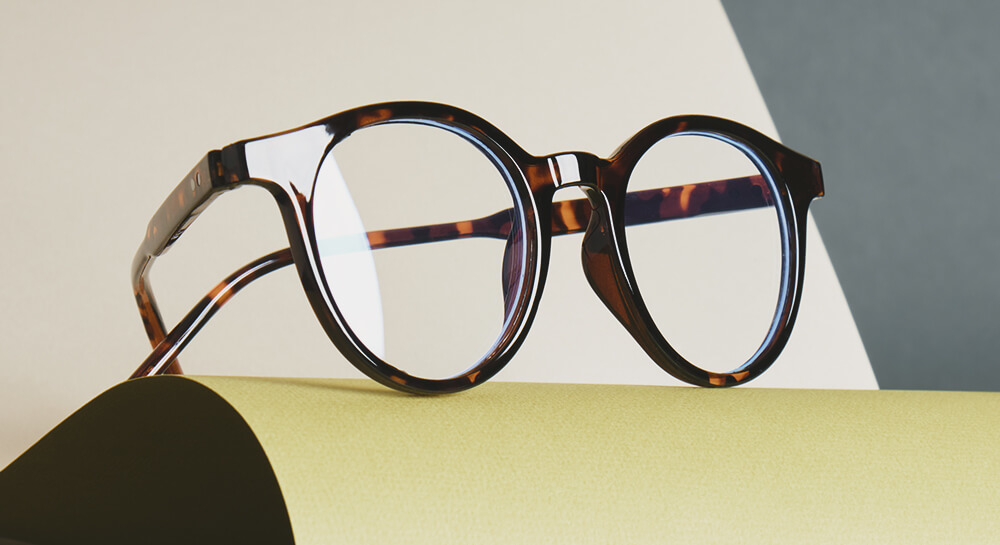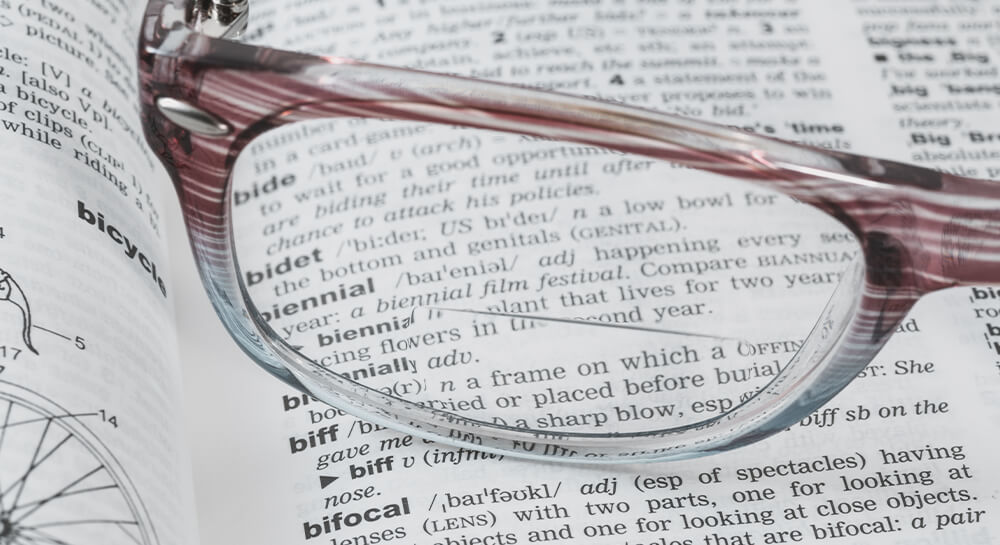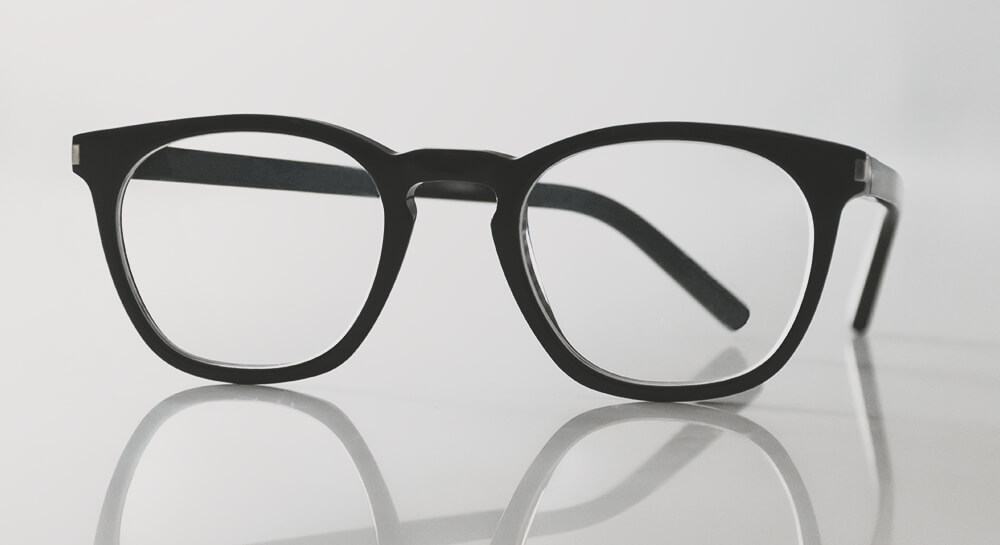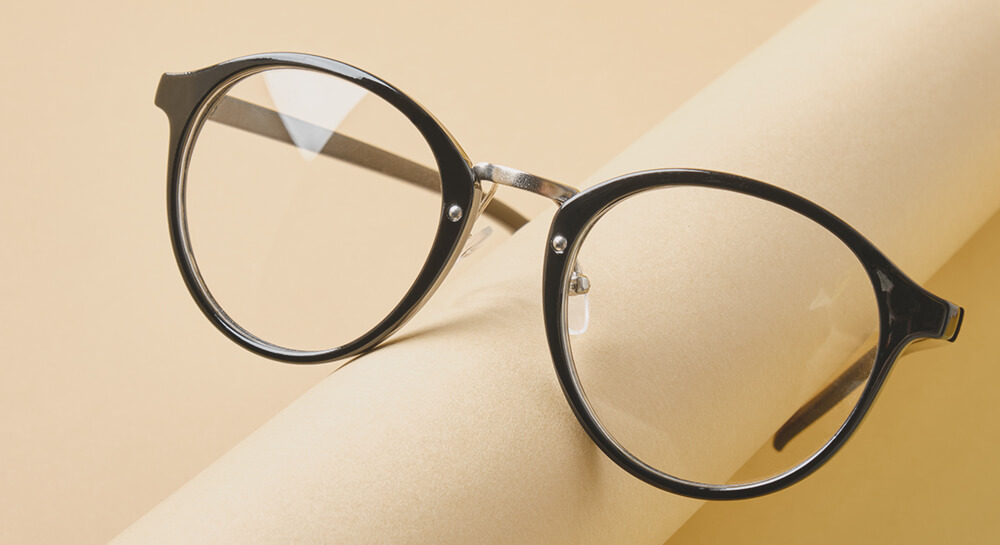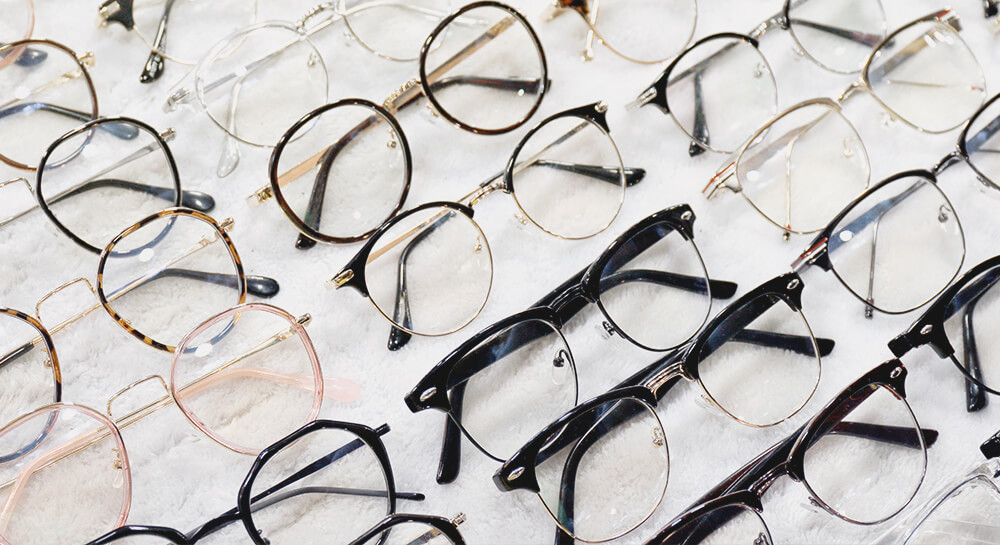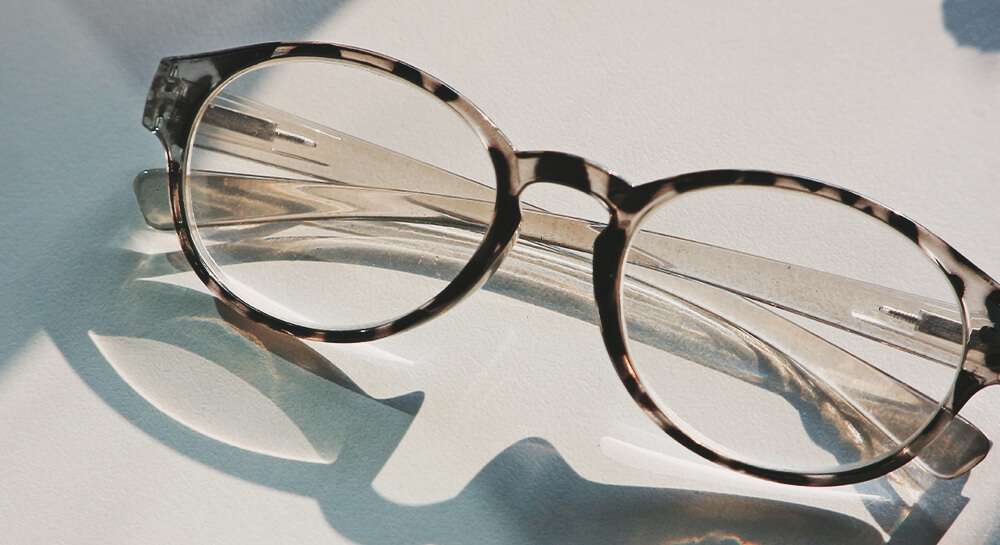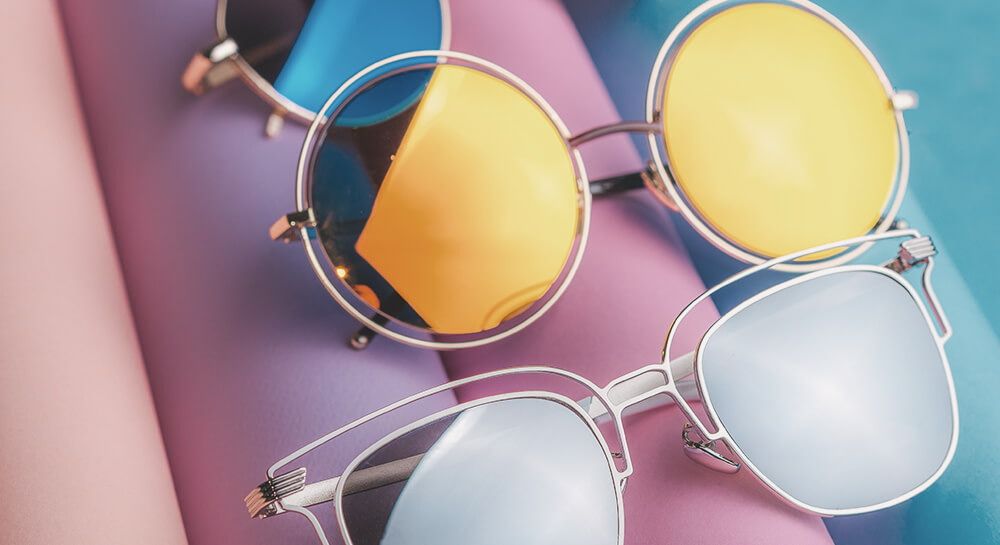Happy July from all of us at Heartland Optical! Summer brings sunny skies and long days perfect for enjoying the outdoors, but it’s also an important time to think about protecting your eyes from ultraviolet (UV) rays.
Most people know UV rays can damage your skin, but your eyes need protection too. In honor of UV Safety Month, let’s talk about how UV exposure affects your eyes and share some simple tips to help you keep your vision safe and healthy all year long.
Why Worry About UV Rays?
UV rays are invisible rays of energy from the sun. Over time, too much exposure can lead to serious eye problems, including:
- Cataracts, which cloud the eye’s natural lens and are often linked to years of UV exposure
- Macular degeneration, a disease that affects central vision and makes it difficult to read, drive, or recognize faces
- Photokeratitis, essentially a sunburn of the eye that causes redness, pain, tearing, and sensitivity to light
- Growths on the eye, such as pterygium, a fleshy growth on the white of the eye that can develop from excessive sun exposure
Even on cloudy days, UV rays can sneak through. Reflected sunlight from water, sand, snow, or pavement can also increase UV exposure. Protecting your eyes is important all year, but summertime is an especially high-risk season because of longer daylight hours and more outdoor activities.
Top Tips to Protect Your Eyes from UV Rays
Here’s how to keep your eyes safe while you enjoy the sunshine:
1. Wear Sunglasses with 100% UV Protection
Not all sunglasses are created equal. Look for labels that say:
- “100% UV protection”
- “Blocks 100% UVA and UVB rays”
Larger frames or wraparound styles help block sunlight from getting in around the sides. Keep in mind that darker lenses don’t automatically mean better UV protection, so always check the label.
2. Add a Hat
A wide-brimmed hat can block up to half of UV rays from reaching your eyes. It’s a simple step that offers extra protection, especially during peak sun hours between 10 a.m. and 4 p.m.
3. Don’t Forget the Kids
Children’s eyes are more vulnerable to UV damage because their lenses are clearer, which allows more UV light to reach the retina. Kids should wear sunglasses with UV protection and hats whenever they’re outside.
4. Consider Polarized Lenses
Polarized sunglasses don’t block more UV than regular sunglasses, but they cut glare from reflective surfaces like water or pavement. They’re perfect for driving, fishing, boating, or spending time by the pool.
5. Know Your Environment
Certain environments increase UV exposure, including:
- Water and sand, which reflect sunlight
- High altitudes, where UV rays are stronger
- Snowy landscapes, which reflect up to 80% of UV rays even in winter
Be extra cautious if you’re traveling or spending time in places where UV rays are more intense.
6. Wear UV-Blocking Contact Lenses (If You Have Them)
Some contact lenses offer UV protection, but they don’t cover the entire surface of your eyes. Even if you wear UV-blocking contacts, you should still wear sunglasses and a hat for full protection.
7. Get Regular Eye Exams
Routine eye exams help detect early signs of UV-related damage. At Heartland Optical, we’re here to check your eyes and help you choose the best lenses and sunglasses for your needs.
Keep Your Eyes Safe and Enjoy Summer!
July’s sunny days are a wonderful part of the season, but remember that protecting your eyes now helps preserve your vision for years to come.
If you’re due for new sunglasses or want to check your eyes’ health, come visit Heartland Optical. We’d love to help you find the perfect pair of shades and answer any questions you have about keeping your eyes safe in the sun.
Wishing you a bright and beautiful UV Safety Month!
Need help choosing UV-protective eyewear? Stop by Heartland Optical or give us a call. Your eyes will thank you!






